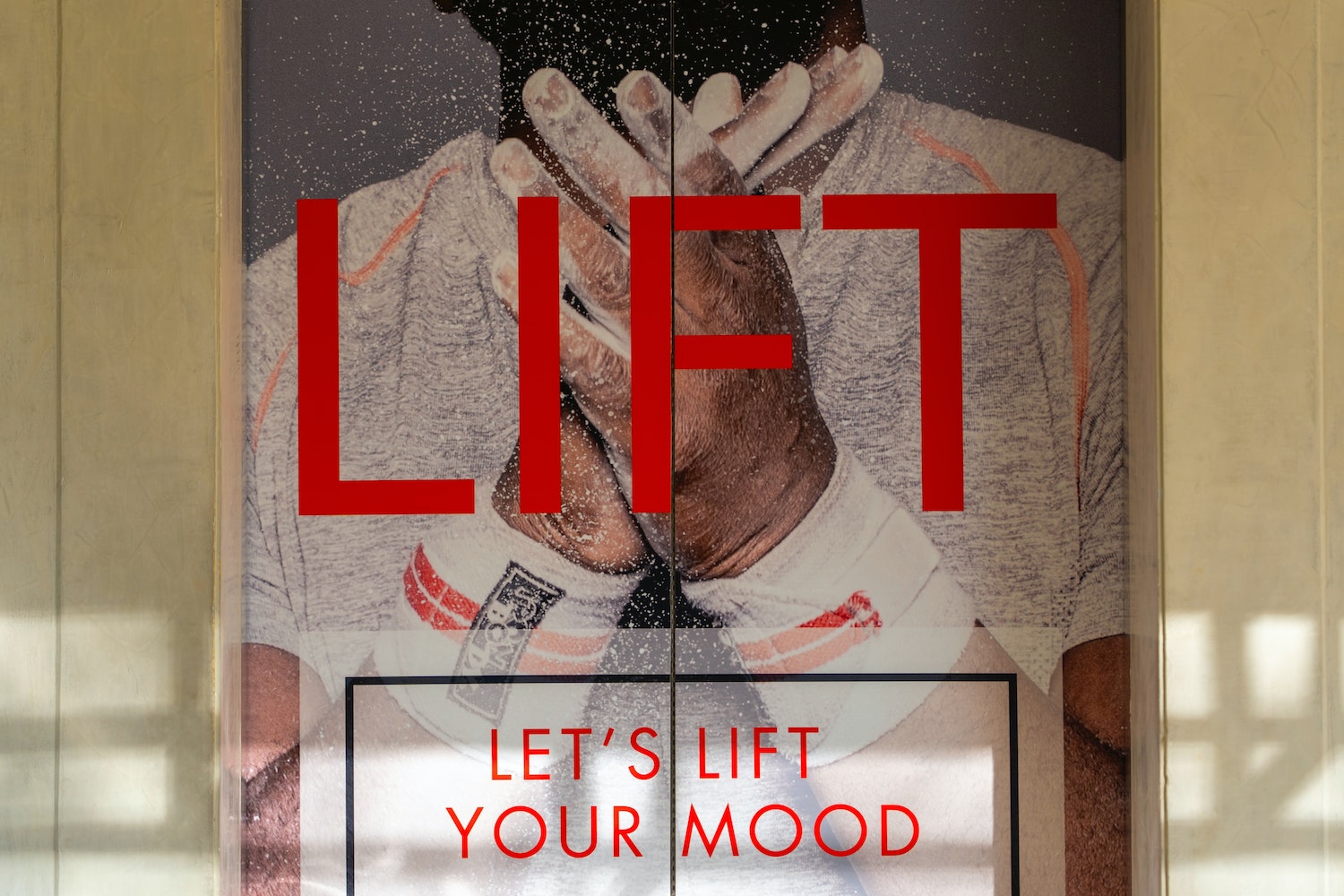How do we value
our Mental Health
as much as our physical health?
… are we there yet?
A few years ago, our co-founders (Sarah Tuck, Bop Murdoch and Jody Burrell) delivered a TedxWellington Talk about the difference between how physical pain and emotional/mental pain are seen and treated in our culture.
At the time, we were so intrigued by the question of why caring for our physical health was so normalised, so encouraged and celebrated and yet, showing our emotional wounds and setting out to heal them was still a practice which most people kept hidden indoors, or shared with only a therapist or close friend.
For example, if I feel absolutely comfortable telling my boyfriend I twisted my ankle, or telling a prospective new employer that I sometimes suffer from hayfever, why is it that I run to the bathroom to hide when I feel a panic attack coming on, or call in sick when I’m feeling sad and am scared I might cry at work?

I remember a story my father once told me about a time he visited Eastern Europe in the 50s. He was out running in the countryside and he said that every time he ran past a house, a person would rush to the window or door and look back at where my dad had come from. After a while of this happening, he stopped at one house where a woman had rushed to the door and he asked what she was looking for. She replied – I’m looking to see what you are running from!
Some decades ago, if you told someone you were going for a run, like my father’s experience, someone might have asked you ‘What from?!’ Yet it is of course now normalised for people to run for hours a week on a treadmill, running from nothing and ending up nowhere, and no one questions it. Because running is now seen as an act of care for your physical needs. It’s normalised to the point that there are whole gyms, clothes stores, books, supplements, and branches of physiotherapy dedicated purely to the art of running. Because enough people realised that running feels good, enough people started doing it, and now it’s seen as a totally normal thing to do.
Because of the normalisation of physical health in recent decades, we now have the infrastructure for physical health needs, but we don’t yet have this width of infrastructure for mental health. Thankfully, we’re at a crux of a time in which people are beginning to innovate for mental wellbeing on a large scale.
And that’s the culture shift we sparked with the opening of our Wellbeing Space in 2016 which led to the development of The Well (launched in 2021) Where sharing circles or meditation will be seen as regular of an act of self-care as a spin class, or going for a swim. The time is now – we are apart of a global movement to make mental health accepted and valued and to de-stigmatise the need to work on our mental and emotional health by showing up to it ourselves, normalising speaking about it, and supporting others when they choose to do the same.
What’s one thing you can do today to honor the emotional and/or mental work you’re doing in the way you would if it was physical?
— Gráinne Patterson, General Manager




